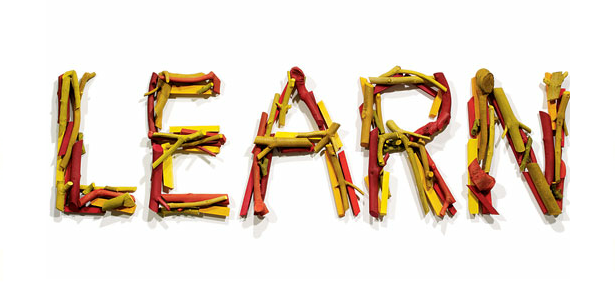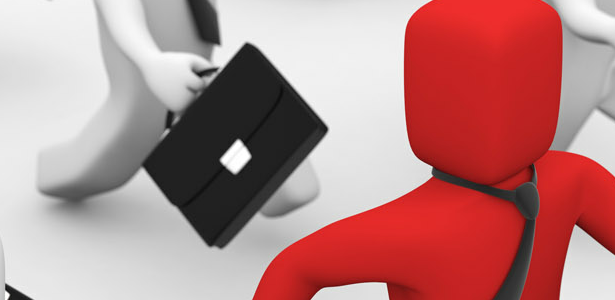"I have concluded that it is immoral to expect young people to privately debt-finance a basic social good like education, especially if we are telling them that a college degree is their passport to a livelihood that is increasingly thin on the ground." -Andrew Ross, NYU Professor
Most often I find that a lot of articles are written about the student loan/debt crisis in the United States and this is often reflective of their astronomically expensive tuition fees. In Canada we are slightly blessed because of our government run institutions in that there aren't any for-profit universities with the main goal of getting your money versus educating you. Certain provincial governments to provide relief in terms of student loans and many students do benefit from them, which helps to pay for quite a bit of tuition and room and board. Just to compare tuition fees in the US versus the University of Guelph this may provide a bit of perspective on the differences between the United States and Canada right now. Some state run universities have lower tuition than NYU, this was just the school that the professor who wrote the original article taught at.
University of Guelph
Tuition for 1 Semester (Arts & Full-Time Canadian)
$3534.99
4-Year program (without inflation and not including any other fees)
$28,279.92
NYU, In-State-Fall 2012
$20,439
4-Year program (without inflation and not including any other fees)
$163,512
Just by calculating that, I can fully understand why students in the United States are struggling especially in situations where they come from families that aren't completely loaded. The debt can add up, but it is the same case with university students in Canada and student loans are still something that Canadian students struggle with as well.
Check out Debt-ridden and unemployed: We are the class of 2012 for a more Canadian perspective
- Nearly 60 per cent of the class of 2012 will graduate with student debt, 26,480 in Ontario on average
- More than 10% of people enrolling in Canadian college's will have previously completed a bachelor's degree
- Half of Canadian's in their 20's live at home, 73% between the ages of 20-24
Rising Tuition Costs in Canada
In terms of tuition fees across the country and for Canada as a whole you can view these statistics here for the 2011/2012 school year (last year)
There are a few trends occurring, and as a University of Guelph student I quickly noticed the huge increase once again in Ontario's tuition rates (approximately 5%) which is higher than Canada's overall change for the year, lucky us. Throughout the last 4 years that I have attended university I have seen a fairly significant increase in my tuition fees and most often I get to find out my new tuition fee when I check in August, it isn't significant but it is increasing.
Starting Tuition (Fall 2009)
$3665.22
Current Tuition (Fall 2012)
$4003.78
% Change= 9.23% and I still haven't even finished my degree
On a year by year basis it doesn't seem significant but I'm losing about $800 this year, funny how the OSAP 30% credit is that amount...At least the provincial government has stepped in and provided some relief for students.
Unfortunately for most career fields that students want to head into, the expectation is that you at least have a bachelors degree which could leave you at least $30,000 in the hole before you head out. OSAP helps students in Ontario but we are still forced to pay it back and pay a pretty hefty interest rate after graduation.
My tips for those who have been required to take out OSAP loans and other loans on top of that;
-Keep track of all that you owe the banks, the government, parents etc. you are going to have to pay them all back at some point but certain loans will have much higher interest than others, and those are what you should most likely focus on first and keep track of.
-Search in all ways possible to get some sort of scholarship, bursary etc. If you apply to OSAP you are likely to qualify for OSAP related bursaries.
-Don't be ashamed of your debts, its highly likely that everyone else you know is in a similar situation, talking about it with others may help you strategize better in paying them off
-And on top of that, be thankful you don't go to NYU :)
Image

















